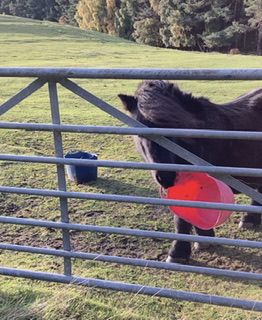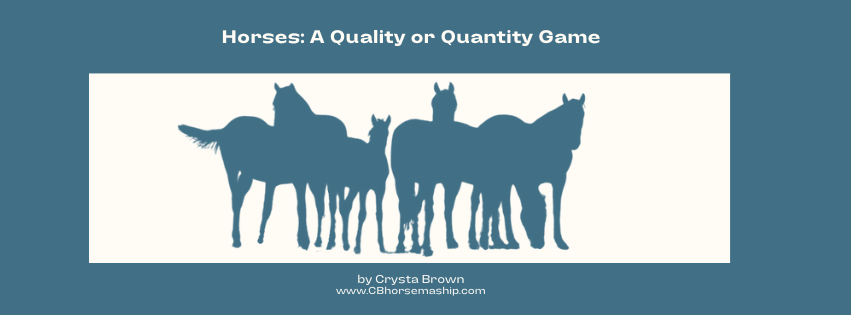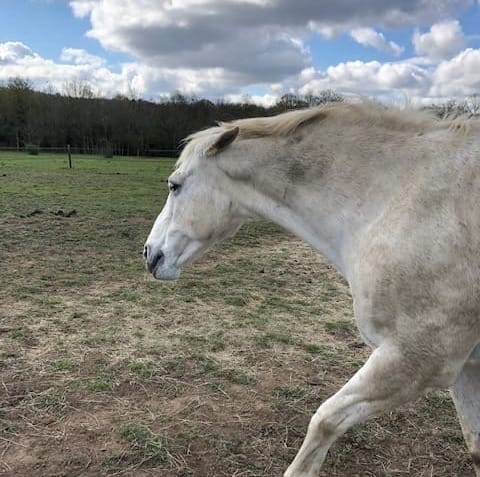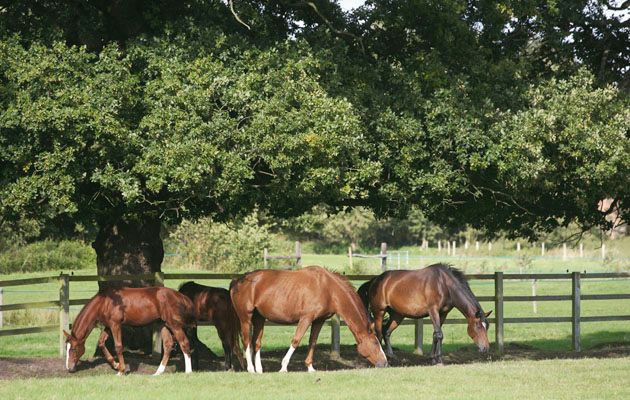The Big Feed Conundrum

I am not an equine nutritionist, but a mere consumer like so many others.
However, having ridden for decades, I have seen a seismic shift in the world of equine nutrition. The days have changed from when I was a child at the stables forty odd years ago. The tack room had a wall of feed bins containing Oats, Barley, Sugar Beet, Chaff and Linseed. The kitchen in the yard owners house had a Rayburn that contained bubbling boiling pots of Linseed for the next day. A large bucket of soaking Sugar Beet sat in the corner. Only the 'big horses' got the big buckets of spicy treasure, so they were fuelled up for jumping, cross country and prancing on small children's feet! Treats were sacrosanct and reserved for excellent behaviour and spoiled soft spots only. These were a finger of carrot, a slice of apple or the good old fashioned sugar lump.
Fast forward forty years and it's become a minefield of options.
Many brands basically selling the same product as the next, but with a zingy graphic design that would impress Ubisoft! But we, the consumer are faced with wall to wall products all telling us that they will make our horses 'softer than soft, whiter than white, faster than fast and rosettier than the next horse!'.
So, while we ask for recommendations, we are overwhelmed by the myriad products that others use along with supplements for skin, joints & gut health. Treats to calm an anxious bod, vitamins, minerals, a splash of this and a dab of that.
Of course every horse and pony is different. I wouldn't feed a competing thoroughbred the same as I would feed my Shetlands - although they would try their best!
So, what works for one person and their horse won't necessarily work for your horse, or more importantly, won't be what's best for them.
Labels and information can be hard to puzzle out too for us mere non-scientists. But it's important to become familiar with them and see what is actually in the bags and tubs.
Feeds that are 'balanced', will only remain as such provided we don't go and throw a load of other vitamins in the bucket with it. The mash up can cause one to counter another and they will only be beneficial if horses actually need them. Such deficiencies can happen due to hay, grazing and soil quality for instance - a soil/hay analysis will answer this.
I try to question why I think my ponies may need extras - are they showing signs that something needs tweaking? or am I simply blindsided by an awesome design on a pot with an "on offer for one week only" label?
Personally, I try to always look at my ponies environments. If they are stabled, they won't be naturally selecting from the grasses in the field, so may need help filling any gaps. What kind of grazing are they on? Is it very green and manufactured? Is it rough hill grazing, full of various herbage and grasses?
There are so many factors to consider. If you are fortunate enough to have a decent chunk of mixed grass grazing, then the horses will be able to select many nutritional benefits for themselves.
I try to aim for as basic and simple as possible for my wee herd of natives.
Good quality hay/haylage, a simple bucket diet of fibre based food if necessary, with the addition of whatever specific help each may need. I have one who needs joint support and some with seasonal allergies. If in doubt, strip it back and think about what is the minimum amount of interference required? Not forgetting to include how much work they are actually doing.
This simplistic approach may also save you flushing pennies down the drain unnecessarily at a time of financial pressure.
Advice from people on social media can be helpful, but the advice from trusted equine nutritionists is going to give you better answers in reality. The proof will be in the pudding too. You will see if something is working - just make sure you give it enough time. I have tried many products over the years and basically spent a lot of money! But giving things time to prove (or not prove) their worth is important. I have come full circle with my own feeding routine and returned to being loyal to a couple of companies that have served me very well over the decades. It's good to embrace new companies (I have found a wonderful company that supports one of my older ponies) but returning to my old favourites, I now go by the wise words "If it ain't broke, don't fix it".





